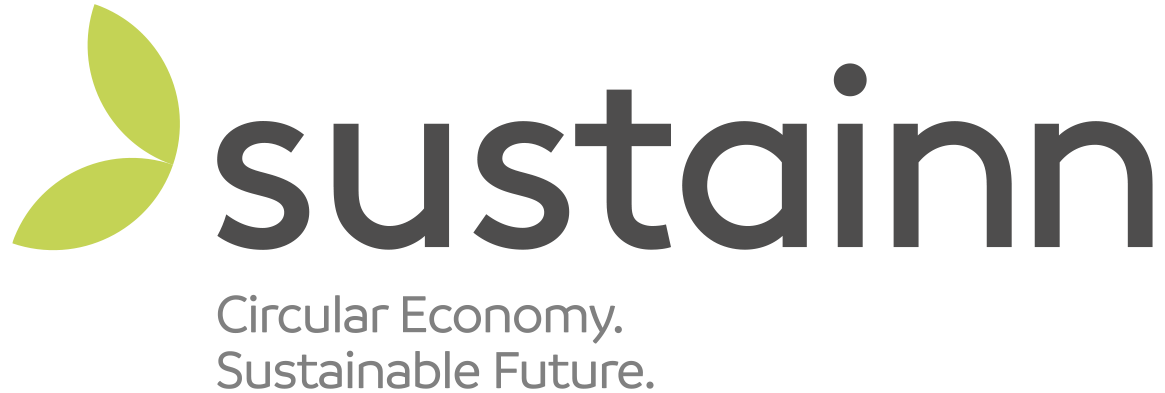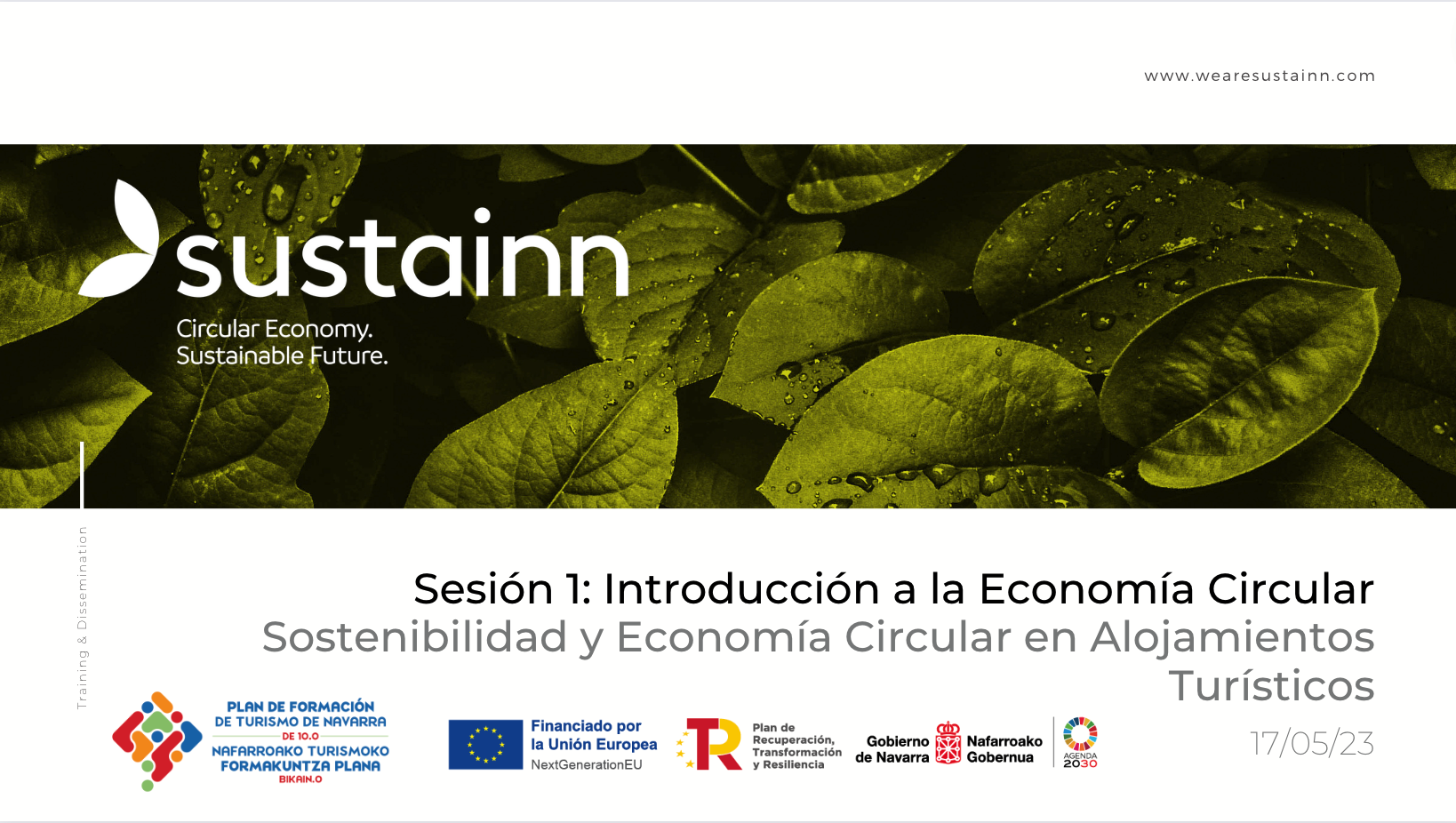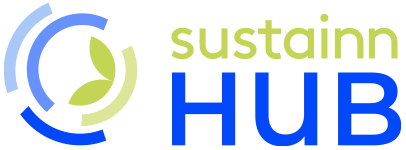Last week (May 17 and 18) we taught a training course in sustainability and circular economy in tourist accommodation, organized by the Service for the Planning and Promotion of Tourism and Commerce of the Government of Navarra, within the framework of the Training Plan for Navarra Tourism .
The course, attended by more than 40 people from different organizations (Government of Navarra, tourist accommodation, tourism companies, etc.), was structured in 2 sessions, with the following contents.
Session 1: Introduction to the Circular Economy
First, Navarra Zirkular was introduced , a public-private collaboration initiative promoted by the Government of Navarra to promote the adoption of the circular economy in companies.
Next, work was done on the following aspects:
- Review of sustainability concepts. Principles and key concepts of the Circular Economy
- Description of circular business models
- Strategies and plans:
- Europe: European Green Deal, Circular Economy Action Plan
- Spain: EC 2030 Strategy, Climate Change, Strategy 2050
- Navarra: Circular Economy Agenda 2030, Navarra Zirkular
- Key aspects of circular economy and sustainability (environmental impacts, carbon footprint, decarbonization, etc.) for the adaptation of companies in the sector to sustainability and circular economy trends
- Communication and marketing
Session 2: Diagnosis and Circularity Plan
The second session began with the description of good practices from Markulluko Borda , a tourist accommodation that has been applying circular economy and sustainability principles in its activities since its beginning.
Next:
- Trends in sustainability and circular economy in tourism and tourist accommodation were reviewed.
- The Bikaina Tourism(Sustainable Tourist Accommodation) program was analyzed and the aspects that the circular economy can contribute to the program were identified.
- Diagnosis and Circularity Plan – Sustainability. Trends were analyzed to carry out a diagnosis and circularity plan in companies in the sector.
- Finally, 2 practical cases of circular economy diagnosis and action plan were presented:
- Tourist accommodation
- gastronomic tourism sector in destination
Small steps by many people and actors, like this, will bring us closer to the goal of building a climate neutral society in 2050.
Thank you very much for reading us!






